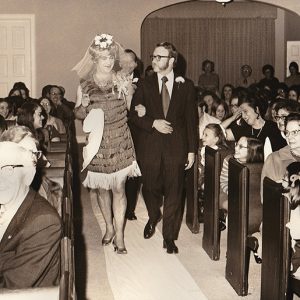 Womanless Wedding
Womanless Wedding
Entry Type: Event - Starting with W
 Womanless Wedding
Womanless Wedding
 Women's March for Arkansas, 2017
Women's March for Arkansas, 2017
 Women Run Arkansas
Women Run Arkansas
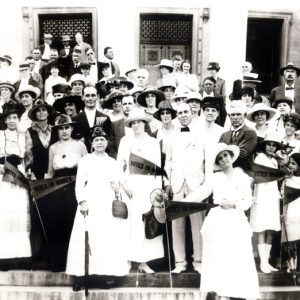 Women's Suffrage Rally
Women's Suffrage Rally
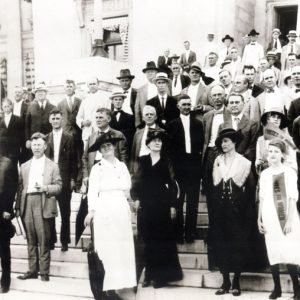 Women's Suffrage Rally
Women's Suffrage Rally
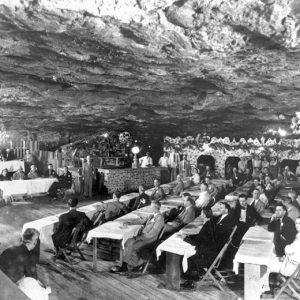 Wonderland Cave
Wonderland Cave
Woodman, Joe (Lynching of)
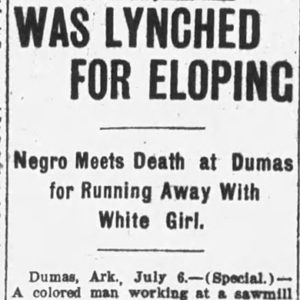 Joe Woodman Lynching Article
Joe Woodman Lynching Article
Woodward, William (Lynching of)
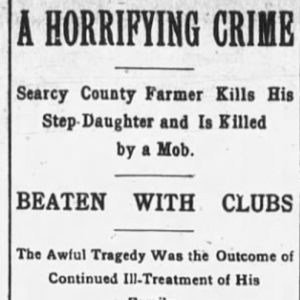 Woodward Lynching Editorial
Woodward Lynching Editorial
 Woolworth's Sit-in
Woolworth's Sit-in
World Championship Quartz Crystal Dig
World War I
aka: The Great War
World War II
World’s Championship Duck Calling Contest
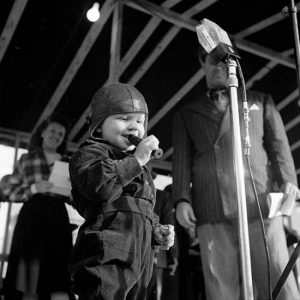 World's Championship Duck Calling Contest
World's Championship Duck Calling Contest
World’s Shortest St. Patrick’s Day Parade
 World's Shortest St. Patrick's Day Parade
World's Shortest St. Patrick's Day Parade
 World's Shortest St. Patrick's Day Parade
World's Shortest St. Patrick's Day Parade
Wright v. Arkansas
Wright, Charles (Execution of)
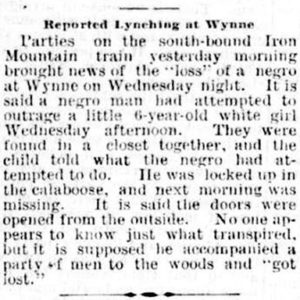 Wynne Lynching Article
Wynne Lynching Article




